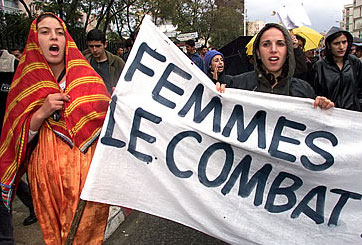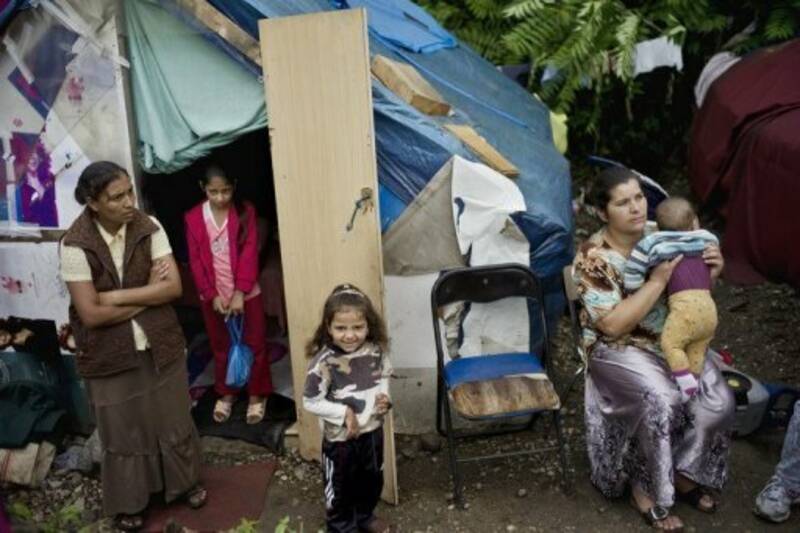
Pramila Venkateswaran
“They hate our freedom,” said President Bush in 2001. We are not sure who “they” were or what freedom he was talking about, but the statement was presumptuous and based on false arguments. What freedom are we talking about? What are its dimensions, who is allowed to hold it and who not, how much can we have, and who places limits on it and how?
In a recent Performance Poets gathering in a chain bookstore, poet Pramila Venkateswaran read her poem entitled “Ode to the Vagina.” Two parents passing by with their children heard the words of the poem. They complained to the chain about the language that they overheard that evoked female body parts. Notwithstanding that it was a reading space for a special event, the chain commanded the host, Performance Poets, out. The latter had to apologize and state that they would make sure that invited poets would not read anything that was injurious, hateful and obscene. As Venkasteswaran said, the poem talked about the sacredness of the woman’s body, not its obscenity. How did writing about the female body become an object of censorship? That is the real question.
Spaces for poetry and other art works are sparse in corporate America and are increasingly under scrutiny of standardized definitions of morality that impede dissent or simply questioning, one of the beauties of poetry. The poet Aimé Cesaire once said that poetry is a way of saying everything while seeming to say nothing, but everything is there. He thought that he could get around censorship. Is it still possible to do that under the current neoliberal order? Meanwhile, the same corporate world uses public airwaves to bombard children with incredible violence and denigration of women.
And forget about poetry; a high school teacher may lose his job for using the word vagina…
For the sake of freedom, here is the poem:
Ode to the Vagina
Strictly vertical , as if you were bisecting
A woman’s lips, you loosen up with time.
You speak volumes, learning to shed
Learned shame the more you understand
Yourself.
You first saw yourself in a mirror
And drew back in horror at your
Dark amorphousness, as once men did
When they thought you had teeth that would
Dismember them.
People thought your tongue was dangerous,
It made them want you more when they
Found you enjoyed receiving them.
But when you expressed yourself more,
you were shunned.
You did not rest, for rest to you was death.
Instead you embraced your darkness.
It kept calling out to you, come, come,
you yearned to enter it,
this jet brilliance of space,
emptiness that knows itself without
intermediaries, the beginning,
velvet and longing, bearing creation
after creation after creation after
creation.
You are goddess, unquenchable
weaving an endless yarn. You are
endless, but no yarn, for you are no fake,
despite your games sometimes
of acting, faking some beached creature
wailing its diminuendo—that’s your recreation.
But deep within, you are surprise and
cornucopia. Old age and desert sands
are not in your language. You speak
of rivers, you sport in soft sand
that turns with the moon, you know
how to rebel, how to give and take,
you know the delicate ring of fire
that the barbaric will enter despite
your shrill “No.” You know that the barbarian
is your own personal stranger.
You reignite,
you choose,
you want to wake
up to your own solitary self.
by Pramila Venkateswaran
(Photo Credit: String Poet Journal / YouTube)








